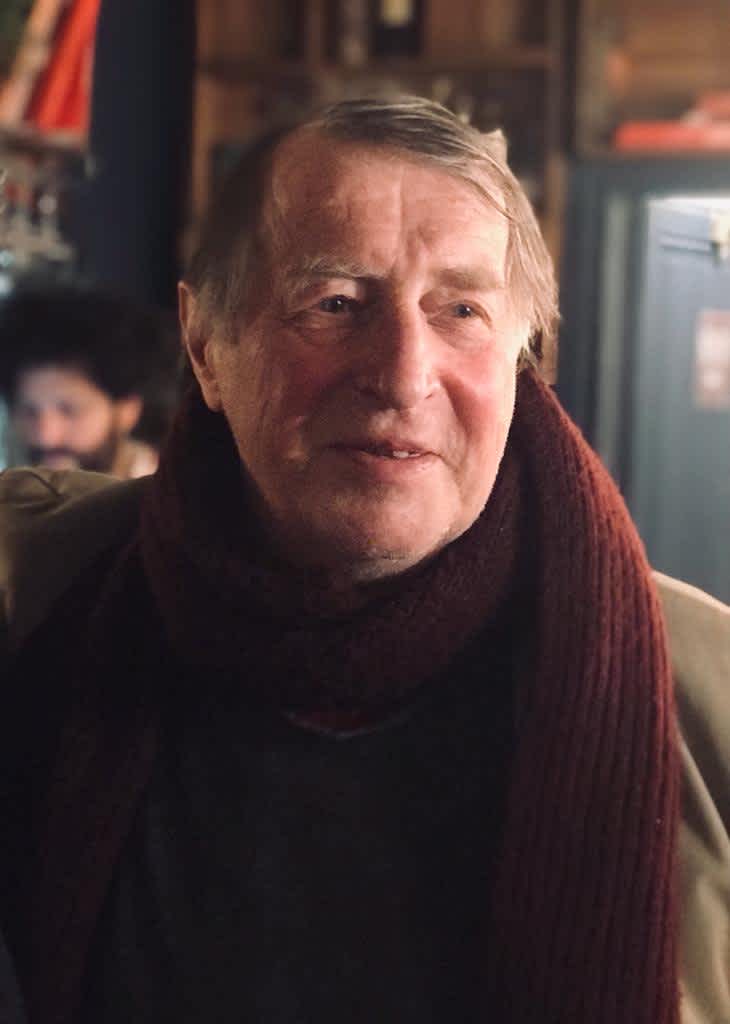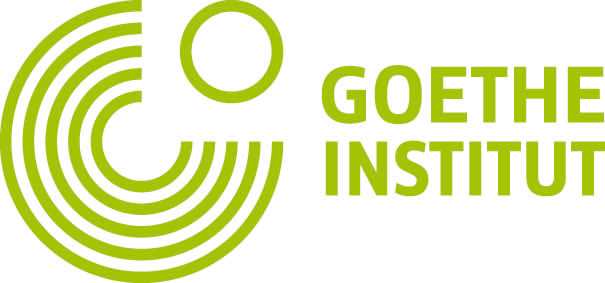
Franz Erhard Walther
For more than sixty years, German conceptual artist Franz Erhard Walther has been radically reimagining the relationship between space, objects, and bodies. While maybe better known in Europe than in the United States, Walther’s formative artistic experience took place in New York. Co-produced with Judd Foundation, Walther’s Performa Commission “Creation Needs Action” builds on the relationship between Walther and Judd and offers a means to compare two masters of Minimal Art.
Schedule
Thursday, Nov. 16: 5pm-6pm
Buy Tickets
Thursday, Nov. 16: 7pm-8pm
Buy Tickets
Friday, Nov. 17: 5pm-6pm
Buy Tickets
Friday, Nov. 17: 7pm-8pm
Buy Tickets
Saturday, Nov. 18: 5pm-6pm
Buy Tickets
Saturday, Nov. 18: 7pm-8pm
Buy Tickets
Sunday, Nov. 19: 2pm-3pm
Buy Tickets
Sunday, Nov. 19: 4pm-5pm
Buy Tickets
Sunday, Nov. 19: 6pm-7pm
Buy Tickets

Creation Needs Action
Performa CommissionFor more than sixty years, German conceptual artist Franz Erhard Walther has been radically reimagining the relationship between space, objects, and bodies. His installations are often comprised of sculptures made of canvas and other fabrics that can hang on the wall, lay on the floor or be worn by the artist as well as audience members. Users are invited by Walther to manipulate his sculptures and explore the tensions amongst them.
While Walther’s works are investigations into the spatial and temporal, they also present the sensorial and social dimensions of sculpture. For instance, Objekt für Zwei (Object for Two) (1967), uses a rectangular piece of fabric with two holes into which a pair of participants insert their heads, putting their collaborative interconnectedness into play and their coordination to the test. Another 1967 work, titled Kurz vor der Dämmerung (Shortly before Twilight), entails an even greater degree of collaboration as nine individuals are wrapped into nine segments of a 20-foot-long strip of canvas requiring the synchronization of their movements in order to walk in unison, like a centipede.
While maybe better known in Europe than in the United States, Walther’s formative artistic experience took place in New York where he lived from 1967 to 1971 following his graduation from the Düsseldorf Kunstakademie. In the city, he immersed himself in the arts scene, befriending fellow minimalists including Richard Artschwager, Donald Judd, Walter De Maria, and Richard Serra. Co-produced with Judd Foundation, Walther’s Performa Commission “Creation Needs Action” builds on the relationship between Walther and Judd and offers a means to compare two masters of Minimal Art. Comprising three groupings of Walther’s work from different periods of his oeuvre, Walther will present a selection of “activations” from his early 1. Werksatz pieces (1963-69) to his most recent series Action Paths (1997–2003) featuring himself, audience members, and invited New York artists and performers.
“Creation Needs Action” is organized around 3 programs, each presenting different pieces from Walther’s body of work.
Program A presented on November 16 at 5pm, November 17 at 7pm, and November 19 at 2pm features Form for Body, For Two, Short Before Twilight (all 1967), Head Shapes Red (1981), and Action Path #5 (1997-2003).
Program B presented on November 16 at 7pm, November 18 at 5pm, and November 19 at 4pm features Vest (1965), Gathering (1966), 5 x 2 Wooden Blocks (1969), and Action Path #12 (1997-2003).
Program C presented on November 17 at 5pm, November 18 at 7pm, and November 19 at 6pm features Eleven Meter Path (1964), With Direction (Six) (1966), Parted Coat - Four Rods RED (1986), and Action Path #16 (1997-2003).
Curated by Charles Aubin.
About Franz Erhard Walther
Franz Erhard Walther (b. 1939, Fulda, Germany) is recognized as a pioneer of participatory art whose work, beginning in the late 1950s, has been defined by a radical openness, incorporating material processes, and later the spectator, as an active participant in its realization. For his First Work Set (1963–1969), in which the use of simple physical actions like pressing, folding, and wrapping is a key principle, the potential handling of the work becomes imperative to its construction. In the works’ activation, the viewer is provided with a unique experience wherein the body becomes an extension of the object. Walther’s works allow multiple exhibition possibilities, primarily with regard to their activation or inactivation. Polymorphic, it can be hung or leaned against the wall, placed on horizontal supports, or even stored in receptacles or fabric membranes. This fluid configuration expands the boundless permutations of the sculptural form, an idea further expanded through his drawing practice. For Walther, both mediums bring to focus a central concern: the physical act of creation.
Walther, recipient of the Golden Lion for best artist at the 2017 Venice Biennale, lives and works in Fulda, Germany. The artist gained recognition in the 1960s for his experimental sculpture, and was included in important group exhibitions of that era, such as When Attitudes Become Form (1969, curated by Harald Szeeman at Kunsthalle Bern, recreated for the 2013 Venice Biennale), and Spaces at The Museum of Modern Art, New York (1969). His work is in many public collections, including Art Institute of Chicago; Centre Pompidou, Paris; Dia Art Foundation, New York; Museum of Modern Art, New York; and Staatsgalerie Stuttgart. Recent solo exhibitions include those at Haus der Kunst, Munich (2020), Fundacion Jumex Arte Contemporaneo, Mexico City (2018); Ludwig Forum, Aachen, Germany (2017); Reina Sofia, Madrid (2017); Power Plant, Toronto (2016); and Henry Art Gallery, Seattle (2015-2016).
Credits
Co-produced with Judd Foundation.
Supporters
Supported by Institut für Auslandsbeziehungen, Goethe-Institut New York, Franz Erhard Walther Foundation, and Peter Freeman, Inc. Performa Commissions are supported by the Andy Warhol Foundation for the Visual Arts, and National Endowment for the Arts and the New York State Council on the Arts with the support of Governor Kathy Hochul and the New York State Legislature.



Performa Team
Senior Curator and Head of Publications: Charles Aubin
Performa Biennial 2023 Producer: Caitlin Adams
Performa 2023 Associate Producer: Josie Bettman
Performa 2023 Baltic Fellow: Aiste Liuka Jonynaite

